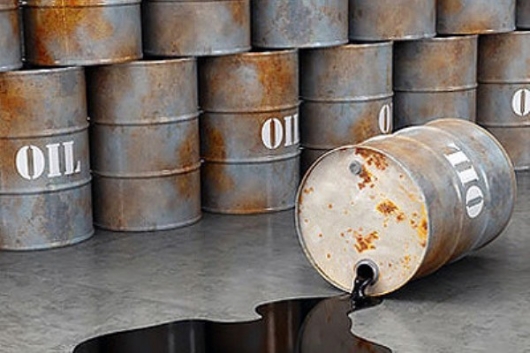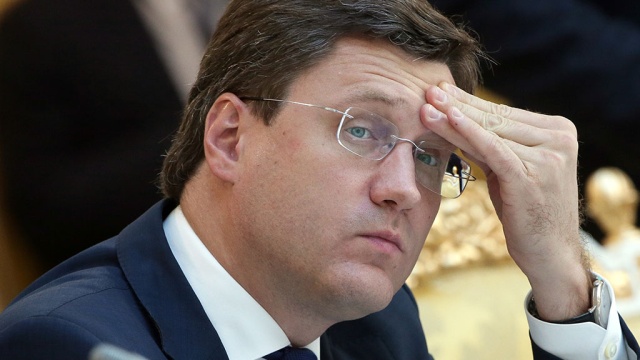A phone call between Russia's President and Iran's President played a part in helping to reach a deal on cutting oil output, Iran's ambassador to Moscow Mehdi Sanai said, stressing that "OPEC has proved to be effective, and this time there is more hope for the agreement to be respected. After the last OPEC meeting everyone realizes that they can work together and affect the oil market. "
According to the OPEC's agreement with independent oil producers to cut production reached on Saturday in Vienna, Russia will reduce its output by 300 thousand barrels, Mexico by 100 thousand barrels, Oman by 45 thousand barrels, Azerbaijan by 35 thousand barrels, Kazakhstan by 20 thousand barrels, Malaysia by 20 thousand barrels, Equatorial Guinea by 12 thousand barrels, Bahrain by 10 thousand barrels, South Sudan by 8 thousand barrels, Sudan and Brunei by 4 thousand barrels. In total, 11 countries outside the cartel involved in an agreement will cut their output by 558 thousand barrels per day in addition to 1.164 million barrels, reduced by OPEC countries.

The Chief Advisor to the Head of the Analytical Center of the Government of the Russian Federation, the Head of the Chair of World Economy of the Faculty of World Economy and International Affairs of the HSE, Leonid Grigoriev, said that the agreement in this format goes beyond oil perspective: "Until the mid-1970s on the way from the Persian Gulf to the US, the oil price was $4 for almost half a century. Since the mid-1970s oil's connection to the raw material fluctuations has been very painful. Since then, there has been a situation, in which OPEC tried to avoid sudden impacts. The last time OPEC intervened in the autumn of 2008, reducing the quote by 4 million barrels. If it remained at that level, there would be no shale gas and we would have much less oil, or did not have it at all. But two shock - Fukushima and the events in Libya in 2011 - set the price above $100 for a long time. Under a cover of this price, the extraction activities, which were unprofitable earlier, primarily shale oil the United States, started developing, and at the sluggish growth of the world economy resulted a collapse in 2014. So everyone waited since 2014, whether OPEC will do something".
The expert said that it has always been difficult to maintain discipline within OPEC: "The sanctions against Iran were lifted, and Tehran would want to get back its market share and its share of quotas in OPEC. Therefore, the negotiations were extremely difficult during this period. "

According to Leonid Grigoriev, a turning point in the history of the oil freeze began with the Energy Minister Alexander Novak's statement in January. "Russia has never participated in the cartel agreements directly. Russia is a classic "free rider", which had good prices due to the market situation. But until now, Russia has never actively tried to influence the market. In previous crises, we have not increased or reduced our output, we behaved neutrally. For the first time, we have started to somehow influence the market this year, and verbally. The signing of the agreement was the first time when we are really ready to participate in the stabilization of the market," the expert said.
He is convinced that it is impossible to stabilize the market through OPEC: "Given the conflicts over the distribution of quotas in OPEC, especially between Iran and Saudi Arabia, it is impossible to persuade OPEC to reduce any output, while others will increase it. Now, the first attempt was made to establish a limiting system not in the framework of OPEC, but much wider, and for the first time Russia joined it. Of course, this is a revolution, but it can cause side troubles".
The expert called Saturday's agreement an attempt to stabilize the price according to some parameters "to prevent the US drilling industry from jumping back with the terrible power, which could pump up the shale oil and bring down the price back." "Will the world producers be able to avoid price war between them and keep the market in the state, which will not cause a large commercial interest on the part of the US crude oil?" Leonid Grigoriev asks.To achieve this, according to him, they need to try to "create a long-term, stable and reasonable price, which would help our countries and especially our planning in the Ministry of Finance."






